For the first time in my life I find myself in Kentucky, in a bright red Jeep Rubicon, with the love of my life and two of my finest friends, ready to set off on an adventure through Bourbon country. My only previous knowledge of Bourbon was that I knew it was a key ingredient in my favorite “old fashioned” cocktail and that was about it. I had high hopes for the trip being great fun, full of laughter and learning. What I didn’t anticipate was just how many “rock solid” business lessons I would be reminded of.
Scarcity Leads to Higher Prices
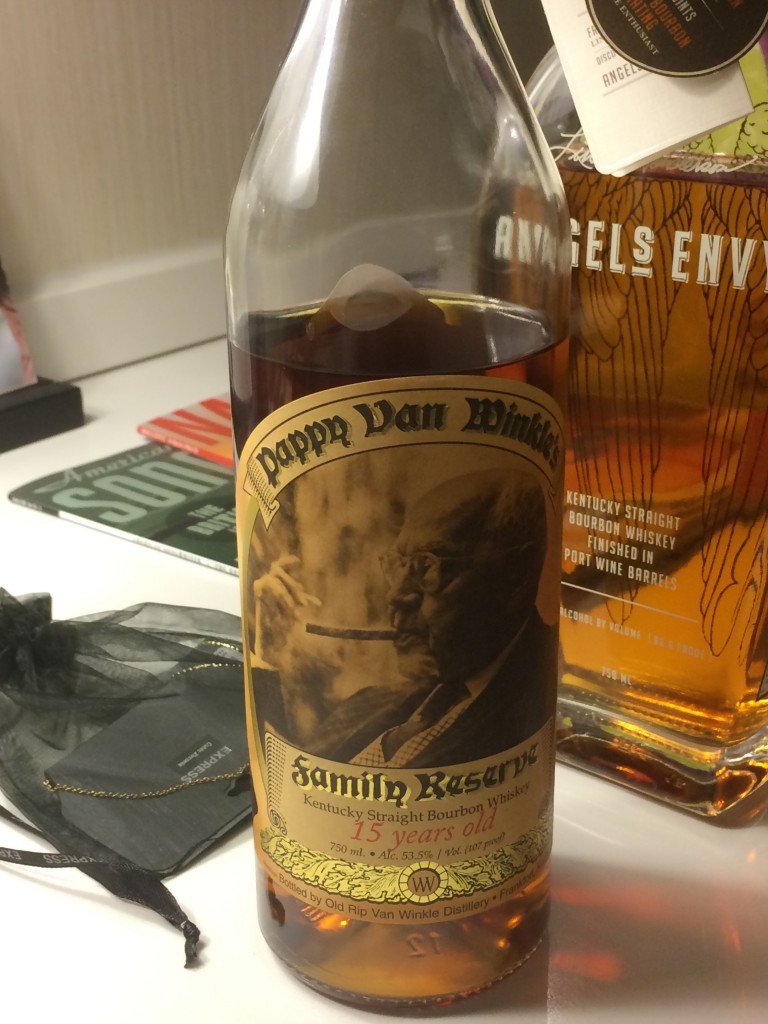
On our first night, I am poured a glass from a simple bottle with a creatively designed label and told by my friend that this drink is so rare that bottles are currently selling for over $1000 each. Pappy Van Winkel was regarded as the finest Bourbon in the land, and although its retail price was always intended to be reasonable, it is now changing hands for incredible sums. By reducing your availability and making your goods and services more exclusive you can naturally raise the value.
Have Your Own “Thing”
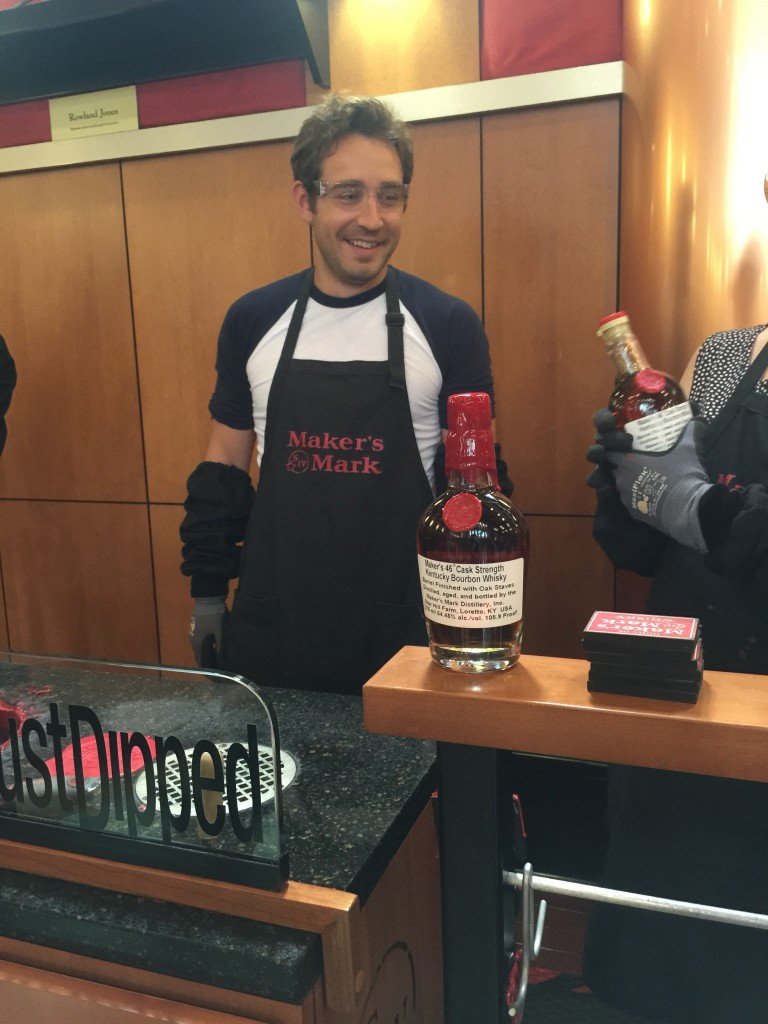 At the Makers Mark distillery, the one thing that is everywhere is their brand. A clear sign of how consistency and continuity driving through one simple component of a business has created local and global recognition that identifies Makers Mark from every other Bourbon. The “Thing” that I am referring to is their red wax seal that is used, not only to finish the bottling process, but to create instant recognition to everything they are about. The power of this branding meant that when I was given the choice of “dipping” my own bottle, I simply could not resist. What could you create as your “Thing” that has nothing to do with the thing that you actually do but creates instant recognition to you and the way that you do things.
At the Makers Mark distillery, the one thing that is everywhere is their brand. A clear sign of how consistency and continuity driving through one simple component of a business has created local and global recognition that identifies Makers Mark from every other Bourbon. The “Thing” that I am referring to is their red wax seal that is used, not only to finish the bottling process, but to create instant recognition to everything they are about. The power of this branding meant that when I was given the choice of “dipping” my own bottle, I simply could not resist. What could you create as your “Thing” that has nothing to do with the thing that you actually do but creates instant recognition to you and the way that you do things.
Big businesses are Built on Great Systems
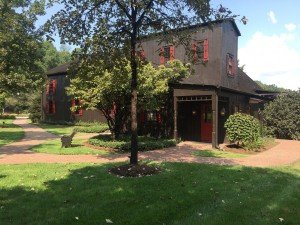 We met some amazing people working in every distillery that we visited, yet every one of them had a very clear and systemized role to deliver. Watching the bottling process at Buffalo Creek was like watching a beautifully choreographed dance routine with tens of individual people performing their individual actions, safe in the confidence that their co-workers are completing theirs. The jobs were perfectly defined, highly repetitive and simple to execute. This resulted in efficiency, productivity and perfection in the end result. By creating perfect systems, the people can be interchanged and the process unaffected, creating complete consistency in the final product.
We met some amazing people working in every distillery that we visited, yet every one of them had a very clear and systemized role to deliver. Watching the bottling process at Buffalo Creek was like watching a beautifully choreographed dance routine with tens of individual people performing their individual actions, safe in the confidence that their co-workers are completing theirs. The jobs were perfectly defined, highly repetitive and simple to execute. This resulted in efficiency, productivity and perfection in the end result. By creating perfect systems, the people can be interchanged and the process unaffected, creating complete consistency in the final product.
Rules Create Heritage
 All Bourbons are Whiskey but not all Whiskeys are Bourbon. The reason this fact is true is that for a Whiskey to be defined a Bourbon, it must follow a precise set of requirements. Creating this set of non-negotiable criteria has allowed the heritage of Bourbon to live on for hundreds of years. The rules have protected its geographic birthplace and a number of components in its creation. By creating things that cannot change, the product has refined over the years, as opposed to changed or evolved. Creating your own rules and allowing freedom to your team within these fixed parameters, you can then maintain your own heritage and also benefit from the talent surrounding you.
All Bourbons are Whiskey but not all Whiskeys are Bourbon. The reason this fact is true is that for a Whiskey to be defined a Bourbon, it must follow a precise set of requirements. Creating this set of non-negotiable criteria has allowed the heritage of Bourbon to live on for hundreds of years. The rules have protected its geographic birthplace and a number of components in its creation. By creating things that cannot change, the product has refined over the years, as opposed to changed or evolved. Creating your own rules and allowing freedom to your team within these fixed parameters, you can then maintain your own heritage and also benefit from the talent surrounding you.
Completing the Set
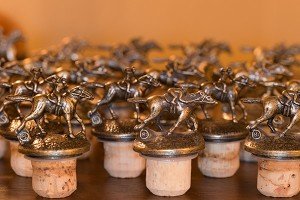 Every bottle of Blanton’s Bourbon is sealed with a random choice of any one of 8 different metal cast corks. There are 8 different horses all depicting a different point in the Kentucky Derby, and with an accompanying letter, the full set spells out the name of the Bourbon. I loved this simple addition as it reminded me of my childhood desire to obtain every sticker in my Panini sticker album or to catch every single Pokemon. The adult gamification within the packaging of this fine Bourbon inevitably creates increased loyalty and grows the frequency of transaction.
Every bottle of Blanton’s Bourbon is sealed with a random choice of any one of 8 different metal cast corks. There are 8 different horses all depicting a different point in the Kentucky Derby, and with an accompanying letter, the full set spells out the name of the Bourbon. I loved this simple addition as it reminded me of my childhood desire to obtain every sticker in my Panini sticker album or to catch every single Pokemon. The adult gamification within the packaging of this fine Bourbon inevitably creates increased loyalty and grows the frequency of transaction.
The Same Can Be Very Different
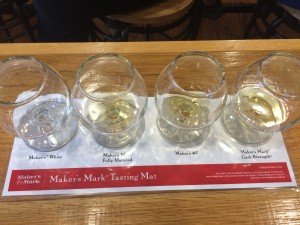 I continually hear businesses talking about how their competition is providing exactly the same as they are. Applying these thoughts to my Bourbon experience, I thought I would see how others go about differentiating themselves. I mean every Bourbon is a mash of grains, added yeast, distilled and then left in oak barrels before bottling. With just the same ingredients the end result can be widely different, and the same is true in your business. Subtle variations lead to huge differences, and by creating your own unique “flavor” of doing things, you will find your own fans and build your own tribe of followers.
I continually hear businesses talking about how their competition is providing exactly the same as they are. Applying these thoughts to my Bourbon experience, I thought I would see how others go about differentiating themselves. I mean every Bourbon is a mash of grains, added yeast, distilled and then left in oak barrels before bottling. With just the same ingredients the end result can be widely different, and the same is true in your business. Subtle variations lead to huge differences, and by creating your own unique “flavor” of doing things, you will find your own fans and build your own tribe of followers.
A Story Will Always Sell
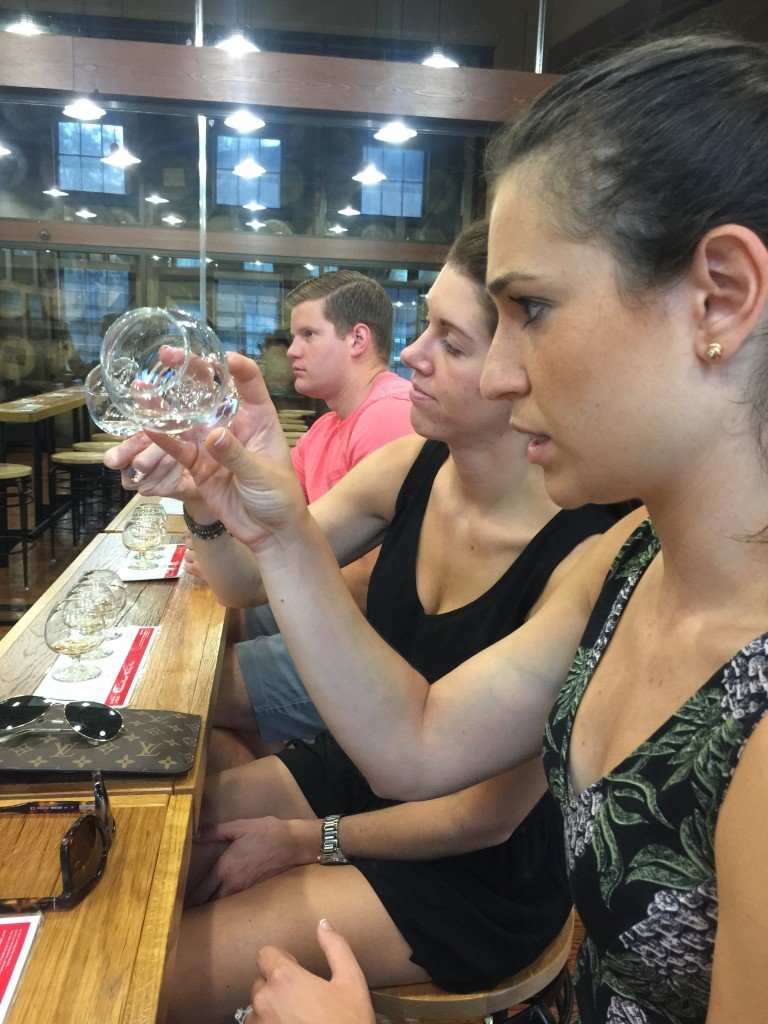 I have walked into hundreds of retailers through the years, all selling vast quantities of Bourbon, and never have I felt compelled to add a bottle to my shopping basket. Finishing the tour, I am now the proud owner of 5 bottles of the very finest Bourbon money can buy. The experience of visiting the distillery, understanding the story and experiencing the products for myself dramatically changed my buying habits. I had no pre-determined objective to make these purchases, yet in the moments, it always seemed like the right thing to do. If you could focus on creating memorable experiences for your customers, help them understand why you do things and let them try before they commit, then you may well enjoy a huge number of new customers and brand advocates.
I have walked into hundreds of retailers through the years, all selling vast quantities of Bourbon, and never have I felt compelled to add a bottle to my shopping basket. Finishing the tour, I am now the proud owner of 5 bottles of the very finest Bourbon money can buy. The experience of visiting the distillery, understanding the story and experiencing the products for myself dramatically changed my buying habits. I had no pre-determined objective to make these purchases, yet in the moments, it always seemed like the right thing to do. If you could focus on creating memorable experiences for your customers, help them understand why you do things and let them try before they commit, then you may well enjoy a huge number of new customers and brand advocates.
Some Things Just Take Time
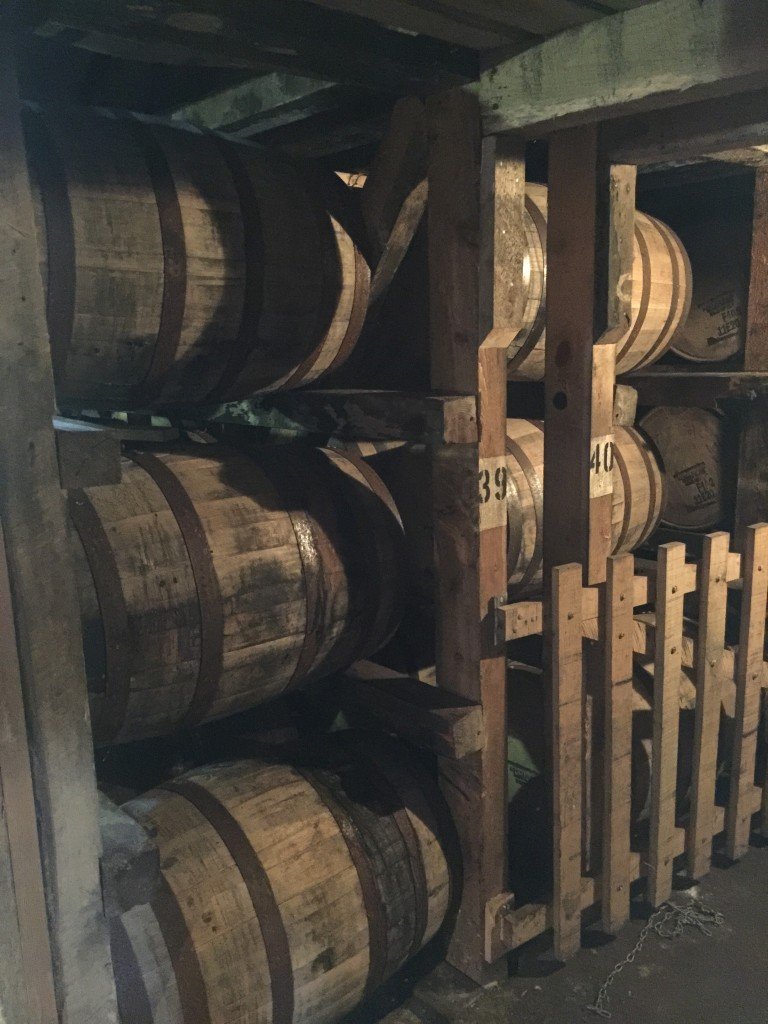 The original creation of Bourbon was a beautiful accident that resulted from packaging White Whiskey in charred oak barrels to transport them from the distillery to the customers hundreds of miles away. The journey took months, experiencing a variety of weather conditions, (and travelling by boat meant the contents moved around a great deal in the barrels. Upon arrival, the once clear liquid had now turned the rich color now infamous with Bourbon, and the liquid was then infused with the plethora of flavors from the charred wood containers. Today the experimentation of different aging processes has resulted in the variety of complex flavors available, and every one of these has taken trial, error and a huge chunk of time. None of these long-lasting results are achieved overnight, and rarely is there such a thing as an overnight success. Experience is not necessarily measured in years – success requires experience and experience typically takes time.
The original creation of Bourbon was a beautiful accident that resulted from packaging White Whiskey in charred oak barrels to transport them from the distillery to the customers hundreds of miles away. The journey took months, experiencing a variety of weather conditions, (and travelling by boat meant the contents moved around a great deal in the barrels. Upon arrival, the once clear liquid had now turned the rich color now infamous with Bourbon, and the liquid was then infused with the plethora of flavors from the charred wood containers. Today the experimentation of different aging processes has resulted in the variety of complex flavors available, and every one of these has taken trial, error and a huge chunk of time. None of these long-lasting results are achieved overnight, and rarely is there such a thing as an overnight success. Experience is not necessarily measured in years – success requires experience and experience typically takes time.
















